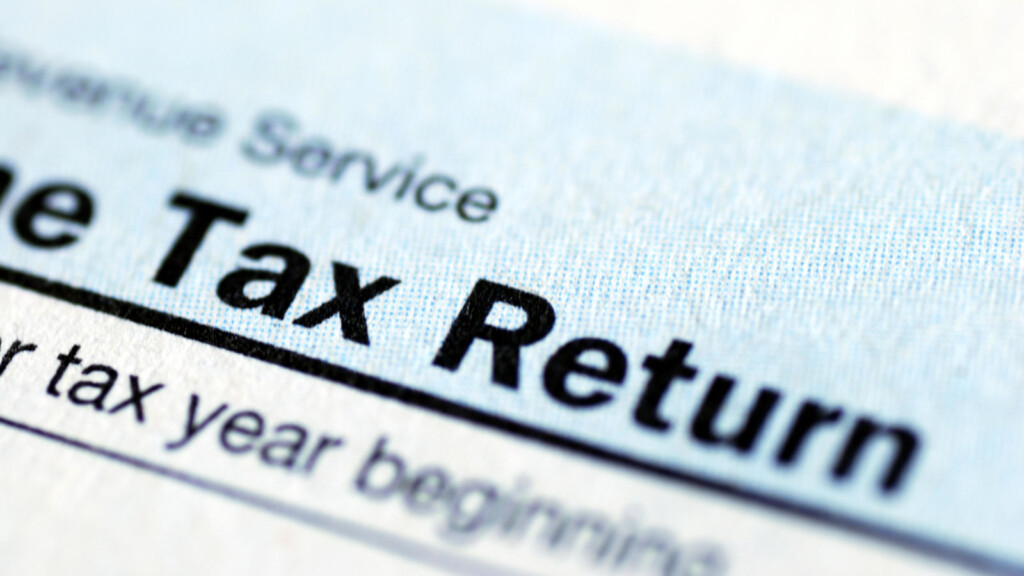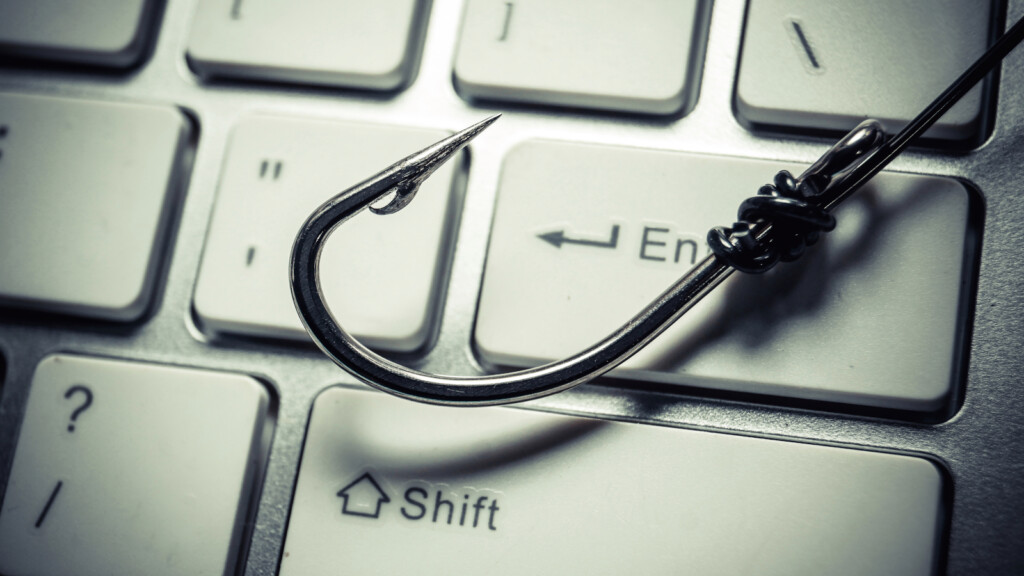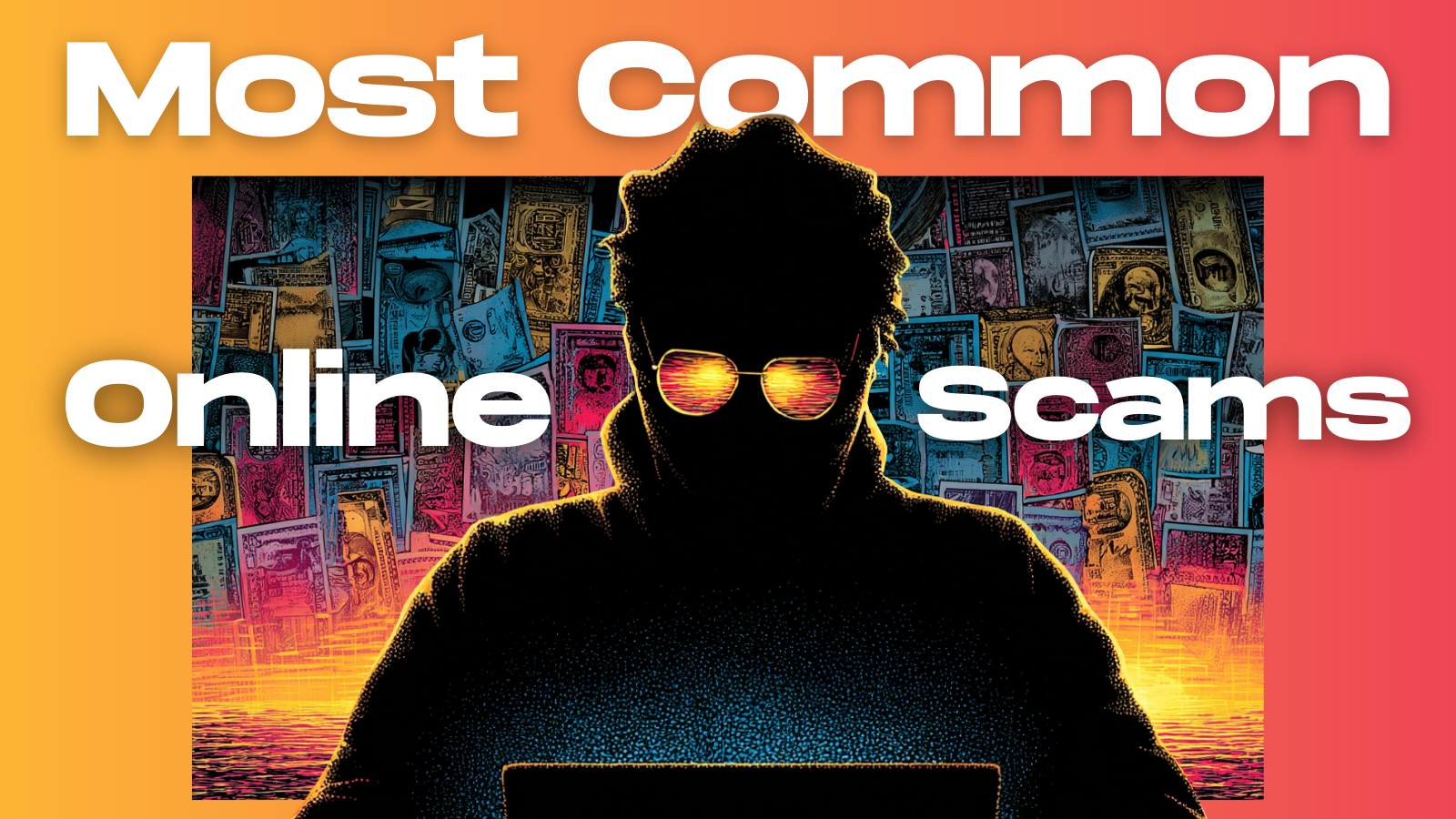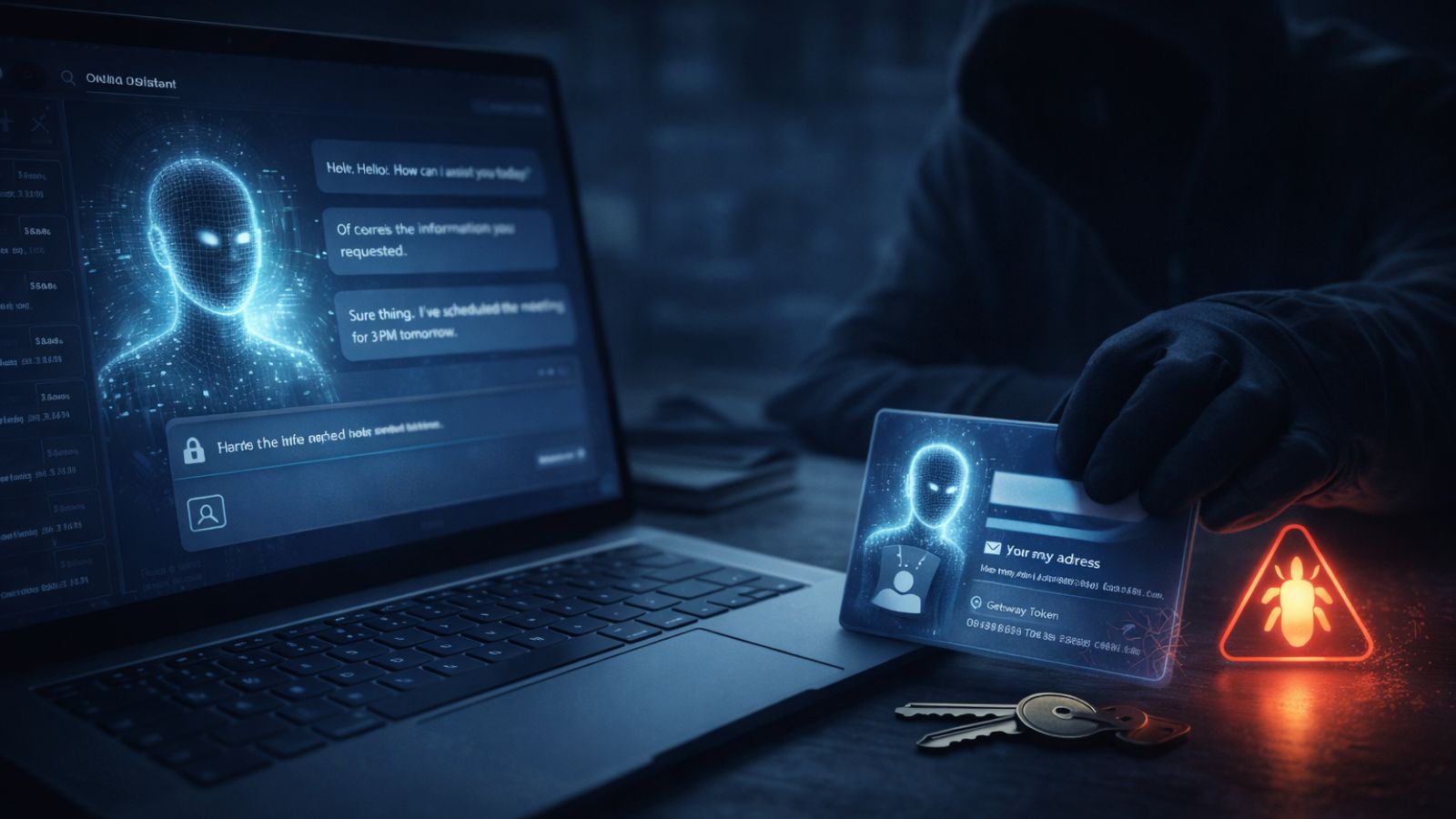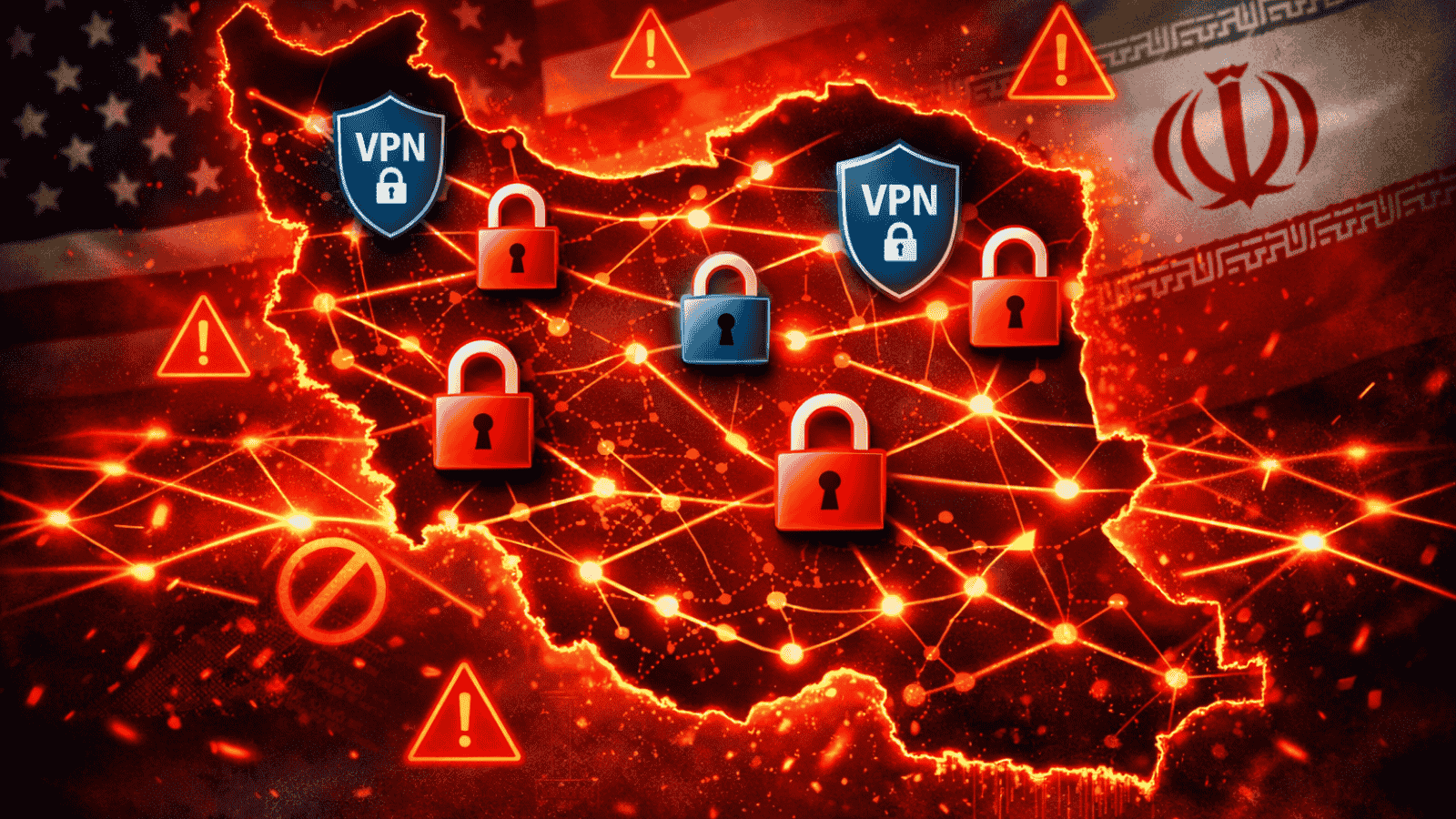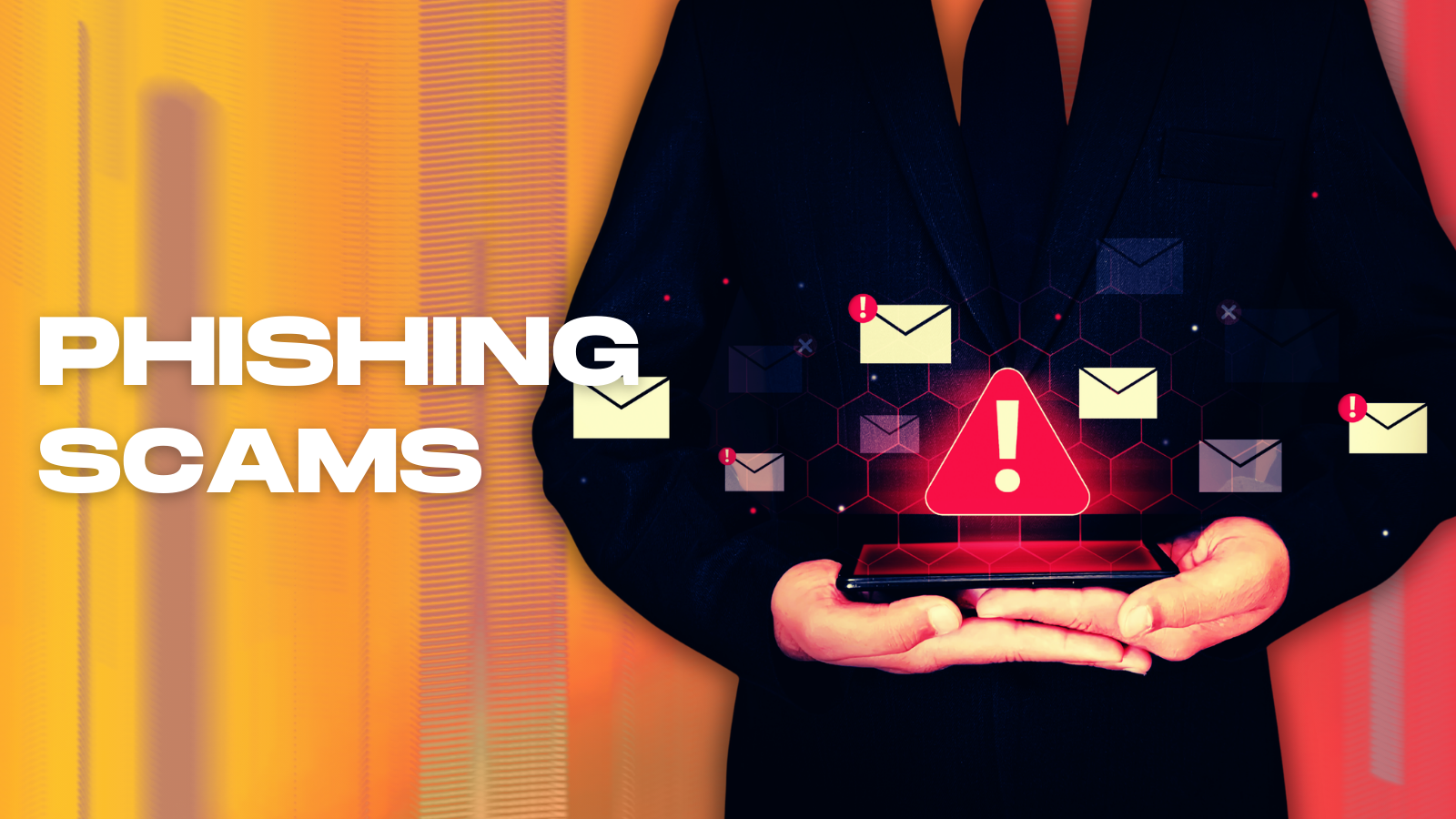
Common Gift Card Scams to Watch Out For
Gift cards are quite possibly the lamest gift you can receive. It's just like cash, but you can only spend it at one specific store. Yay. Okay, you shouldn't look a gift horse in the mouth, but you also shouldn't fall victim to one of the many gift card scams that are doing the rounds.
While gift cards themselves are basically a sort of fake Monopoly money, these scams can siphon genuine funds from your pockets!
Why Gift Cards Are a Popular Scam Method
Cash is dying. While we probably won't be cashless in the near future, the writing is already on the wall, which is why gift cards are a common target for scams. Sure, sophisticated hackers like to deal with cryptocurrency these days, but there's a large swathe of script kiddies and other rank and file cybercriminals who prefer the ease of gift cards.
Gift cards are easy to transfer to other people, aren't really traceable, and can be swapped directly for valuable items. It's not hard to see why scammers like them. It works the other way around as well. Gift cards are often used as a fake enticement in certain scams where you're promised gift cards if you comply with their requests.
Common Types of Gift Card Scam
It seems that scammers are endlessly creative when it comes to inventing scams that involve gift cards. New ones are being invented all the time, but a few common scams are still around because they're so effective. Let's have a look.
Debt and Tax Scams
Few things are scarier than being contacted by the taxman or a debt collector. Scammers make use of our fear in this regard to lessen the chances that we'll think critically about what's happening.
Someone pretending to be from your tax authority or a debt collection agency will send you an email or even call you. They'll say you owe money, maybe due to an error in your taxes or because something you didn't know about is past its due date. So far, so good, but the kicker is that they'll ask for gift cards as payment. Then you'll know it's a scam.
Personal Data Phishing Survey Scam
Some scams are about making you think a gift card is coming your way. For example, you might be asked to complete a survey to get a gift card when you complete it. Now, this is actually a legitimate thing. It's common for researchers, for example, to reward survey participants with gift cards. So that by itself is not a scam. These scams mimic legitimate surveys but have a more harmful purpose - to steal your information.
Real surveys are generally anonymous by design and for ethical reasons. The researchers don't care about you as an individual. They want to get population statistics.
So any survey that asks you for personal, identifiable information such as your social security number, passwords, or your mother-in-law's maiden name is likely to be phishing. Oh, and you probably won't get a gift card at the end of it all either. Sorry.
Related - Don’t Get Hooked: How To Protect Yourself from Phishing
Social Media Clout Scams
Social media is everything to some people (unrelated, look me up on Twitter), and some folks will go to some pretty scummy lengths to get their follower counts up.
Giveaways are all over the place these days, and you'll often see someone on Twitter or LinkedIn offering the chance to win a gift card if you like, subscribe, or follow them. That's fine, though many platforms regulate giveaways these days.
The problem happens when the giveaway turns out to be fake. It's easy to say that you'll give a $100 gift card away to a lucky random winner, but it's also easy to simply hide whether you've really done it!
After all, the winner could be one of their friends, a sock puppet account, or no one at all. Of course, this is a relatively benign scam since you aren't being robbed directly. However, it's still a form of fraud, and you are being robbed of your time to benefit someone else's ambitions.
Friends or Family in Need Scams
In this scam, you either get contacted by someone who says they represent a family member, like a lawyer, or it's someone impersonating a real family member. As usual, there's a dire situation that you need to help with immediately. So urgent and serious that you can't stop and think about it. Once again, payment is requested in the form of an electronic gift card for some reason - usually with a pretty convoluted story explaining why.
Fake Gift Card Link Scams
This is a variation on the more usual phishing scam. Basically, someone sends you a link for a gift card, you click on the link, and it takes you to a fake version of the real website. Here, your login and credit card details may be stolen. The link may also lead to a malware program that then infects your computer.
Must Read: How to Detect, Prevent and Remove Botnet Malware
Gift Card CEO Fraud
CEO fraud is a type of scam where the scammers impersonate the bosses in a company. Usually, this sort of scam is aimed at people in charge of money transfers, to get large amounts of cash transferred into scammer accounts at the behest of the "CEO."
Recommended: How Deepfake Technology can Imitate Voices
However, this scam can be combined with gift cards for a smaller take but a higher chance of success. For example, lower-level employees or personal assistants might receive a spoofed message from a higher-up asking for gift card codes, usually for a seemingly legitimate reason - such as corporate hospitality. Since these scams normally ask for reasonable amounts of money or have plausible stories behind them, they probably have a better chance of avoiding suspicion.
Fake Stuff for Sale
There are always good deals to be had on classifieds sites, but they are also fertile hunting grounds for scammers. Gift card scams on these sites happen when the "seller" doesn't want cash but prefers digital gift cards instead since they can get away with them more easily. This can happen with physical goods, of course. Still, it's also something you may see with digital goods - especially when it comes to illicit markets trading in things like MMORPG gold or other gaming items that are not meant to be sold outside of the official platform.
Gift Cards for Jobs
We're all going through hard times, so it makes sense that scammers are cashing on the desperation people have for work. You'll see a job advertised, usually in a country like the USA. The job will be remote, so you can do it from home, and it will promise to pay a huge salary.
Once you go through the "application" process, you'll get the "job." Except that you need to pay an admin fee or buy a "starter kit" of some sort before you can begin. The payment, as you've guessed, will be in the form of a gift card.
COVID or Other Crisis Exploitation
Right now, the global pandemic is opening the doors to plenty of COVID-19 scams, but the specific crisis that's exploited is irrelevant. In these scams, you'll get an email or a text message purporting to be from a charity, a church, or another humanitarian organization or individual.
It will tell you that people are starving or need medicine, and you can help by buying gift cards and sending them as help. This is especially effective because you expect to get nothing in return for the cash. It's just that you also have no idea if it actually helped someone in need, rather than lining the pockets of a criminal.
What Should You Do About Gift Card Scams?
You should be careful with anything that involves gift cards since they should be treated as cash and offer you no recourse if you lose them. Just buying them usually means that your money is locked into the card and can't be exchanged for cash again.
The main general rule is that no government agency or legitimate business will ever ask you to make payment in electronic gift cards. Gift cards are not legal tender, and you can't be obligated to pay with them.
When it comes to informal trading, the water gets a little muddier. We still strongly recommend that you walk away from any deal that requires payment in gift cards. It's just not worth it.
If you're being sent a gift card or being asked for them by someone who seems legit, take the time to verify things. Does that charity really exist? Did your friend really send you a gift card? Is your boss really asking you for them? It takes a minute or two to ensure that you aren't in line to lose money.




